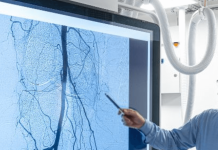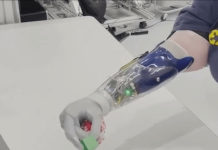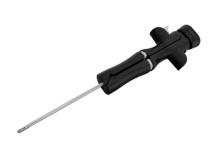Danish MedTech Brainreader has secured €6.6m ($7.3m) to support the market rollout of Neuroreader, its AI-based brain diagnostic software platform.
The funding round was led by new investor Dahlgren Capital and included participation from existing investor Investo Capital.
Neuroreader processes MRI scan data to aid in the diagnosis of neurodegenerative conditions or disorders such as traumatic brain injury (TBI).
Related: Surgify Medical secures $7.97M to advance bone surgery technology
The platform gained CE mark in Europe in 2013 and clearance from the US Food and Drug Administration (FDA) in 2015.
Analysing MRI scans using brain atrophy as a biomarker, Neuroreader’s AI-based image analysis engine automatically measures brain structures from patient scans and allows clinicians to apply personalised segmentation, volumetric, and shape measurement of specific brain structures.
Upon completion, the device provides patient reports on total brain volume, hippocampal volume and volumetric data across key brain regions as measured against a healthy population to draw conclusions on an individual’s brain health.
“This investment allows us to expand faster and reach more clinics worldwide,” said Brainreader CEO Mads Fiig.
“We’re proud to have the backing of Dahlgren Capital and Investo Capital, whose combined experience in AI and growth-stage companies will be instrumental in our next phase.”
According to Brainreader, it is well-positioned to take advantage of favourable market dynamics in the US and Europe. The adoption of CPT codes for brain volumetry is creating new reimbursement pathways in the US, the company stated, and compliance with the EU Medical Device Regulation (MDR) is resulting in the broader clinical use of AI-powered imaging tools across EU Member States.
Brainreader chairman and Investo Capital partner Thor Birkmand commented: “We see strong tailwinds for AI in neuroimaging.
“With this funding and the addition of Dahlgren Capital as an active owner, Brainreader is well-equipped to lead this transformation.”
Last year, a study published in BMC Neurology demonstrated the accuracy of MRI volumetry in distinguishing between TBI, early-onset or late-onset Alzheimer’s disease, and behavioural variant frontotemporal dementia – all of which were found to be differentiated by distinct patterns of volume loss as analysed with Neuroreader.




